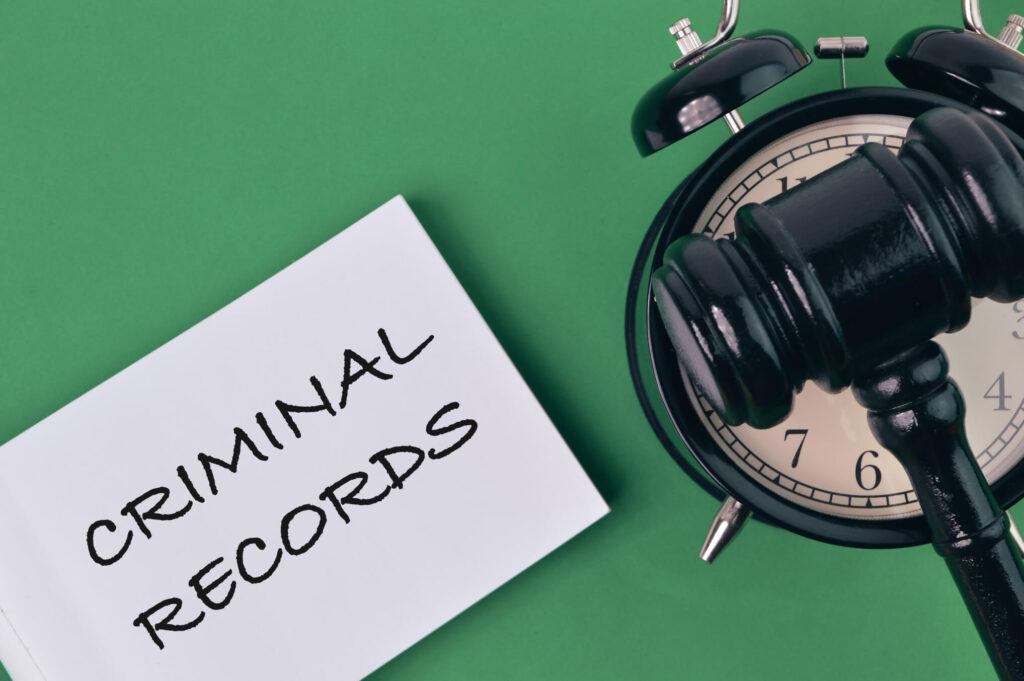There are two different types of criminal records; one is available to law enforcement, judges, and probation officers, the other is a public record anyone can access. Following a criminal case, sealing or expunging a criminal record can help preserve your future.
CARI vs. CORI
While the terms CARI and CORI are often used interchangeably, they are two distinct records generated by different databases with different information. CARI stands for Court Activity Record Information. It is an electronic file generated by the courts to report court appearances for criminal cases and dispositions of criminal convictions and non-convictions. The CARI is only visible by law enforcement, judges, and probation officers and is not a public record.
A CORI—Criminal Offender Record Information—is a public record. This record is generated by the Department of Criminal Justice Information Services and contains the final case disposition or outcome of an individual’s Massachusetts criminal record. Prospective employers, schools, and landlords can access a CORI.
What information is in a CORI?
A CORI will contain all criminal charges put before a judge in a Massachusetts court. While all states have their own method of criminal reporting, a CORI only contains criminal information from the Massachusetts courts and does not contain out-of-state criminal information.
There are different access levels for viewing information in a CORI. Therefore someone’s access determines what can be viewed in a report. Employers and landlords, for instance, are given Standard Access to CORI when screening potential employees and tenants. Additionally, Massachusetts General Law permits anyone in the general public to see certain convictions on a CORI, such as misdemeanor convictions or jail time served within the past 12 months, felony convictions within the past two years, and jail time served within the past two years for prior felony convictions.
Can a CORI be Sealed?
Expunging or sealing a Massachusetts criminal record is a powerful and effective way to preserve one’s future. The only way to remove a case completely from the record is to have it expunged. Massachusetts allows expungement in two circumstances:
- For felonies older than seven years or misdemeanors older than three years, expungement may be available if certain conditions are met.
- Expungement of juvenile or adult cases where a person was incorrectly named as the defendant, the offense was decriminalized, or the case resulted from miscarriages of justice.
Individuals who do not qualify for expungement may be eligible to seal their Massachusetts record, which is often just as effective. Sealing a criminal record removes arrests from public access and all potential employers, landlords, and educational institutions. Only law enforcement will continue to have access to a sealed record.
To learn more about concealing a criminal record and who qualifies, contact our office today. The assistance of a knowledgeable criminal defense attorney can help give you or a loved one a fresh start.
